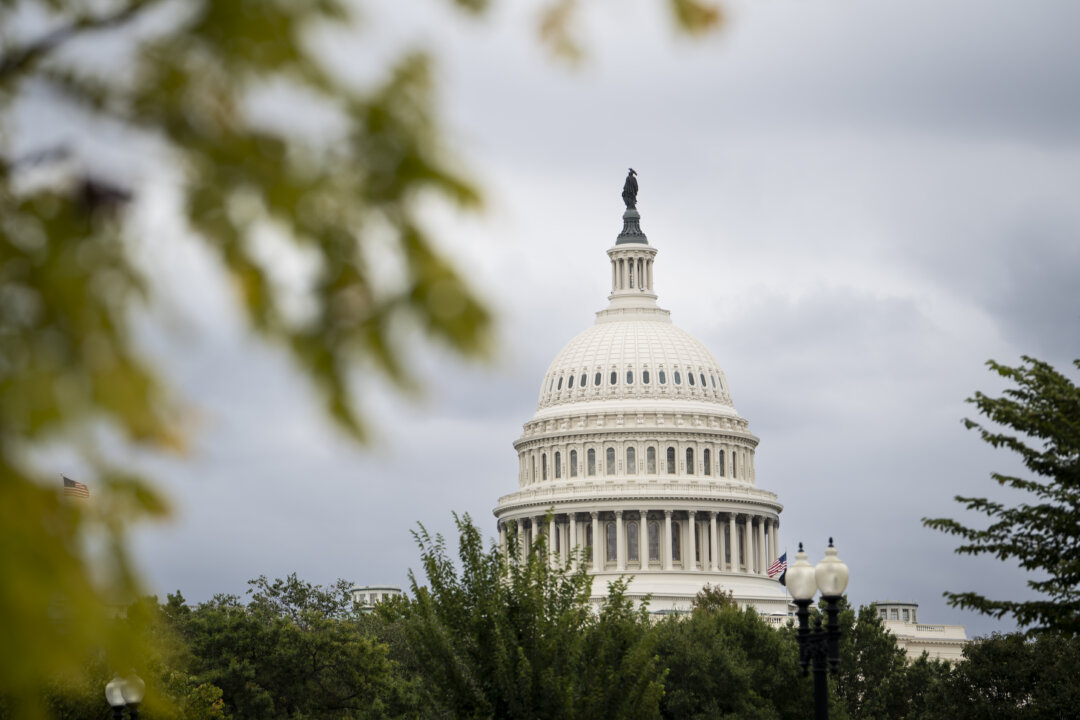The bill would require the Secret Service to use the same standards for assessing protection requirements for candidates as it does for the President.
The Senate has unanimously passed a bill to increase the level of U.S. Secret Service protection for presidential and vice presidential candidates. After passing the House of Representatives on Sept. 20, the Enhanced Presidential Security Act passed the Senate on Tuesday and will proceed to President Joe Biden to be signed into law.
The Secret Service’s protocols and funding have received significant scrutiny following an assassination attempt on former President Donald Trump on July 13 in Butler, Pennsylvania, where he was injured by a bullet grazing his ear.
After a second assassination attempt was foiled in West Palm Beach, Florida on Sept. 15, the House unanimously passed the bill, sponsored by Rep. Mike Lawler (R-N.Y.), which would apply the same standards for determining the number of Secret Service personnel to major presidential candidates as those used for the protection of the President of the United States, who is the agency’s principal protectee.
“It is in the direct national security interest of the United States of America to provide the best protection in its power of its presidents and presidential candidates. History has shown that assassinations can massively disrupt our nation’s political system, cause dangerous disorder and chaos, and embolden further violence. The two recent attempts on former President Trump’s life showed the world that unfortunately, the Secret Service has serious gaps in protection, and more must be done to ensure no one can take advantage of those vulnerabilities,” Lawler and Rep. Ritchie Torres (D-N.Y.) said in a joint statement about the bill after its passage by the House.
“Today, I am proud to have the full support of the Senate to pass the Enhanced Presidential Security Act, which mandates that the [U.S. Secret Service] provide the same level of protective services to presidential and vice presidential nominees that it affords to sitting presidents and vice presidents,” said Sen. Rick Scott (R-Fla.), who shepherded the bill through the Senate, in a statement after its passage Tuesday.
The bill does not authorize any new funding for the Secret Service. However, a three-month stopgap spending package to fund the government after funding expires on Sept. 30 will, if passed this week, give the agency $231 million for protective operations.

